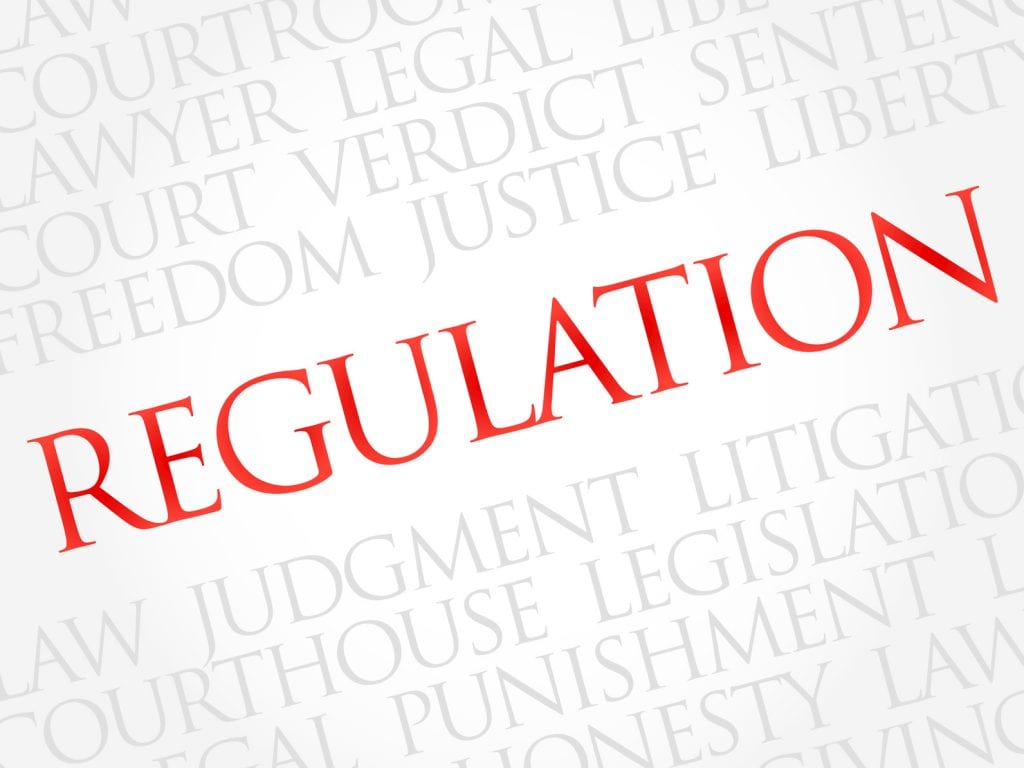Significant developments surround the CFPB as Richard Cordray moves back to the private sector and the guard changes into the Donald Trump era. Today we see the embattled Payday lending industry pushing back at demands for industry change. While it is not as interesting as watching the new CFPB director, Mick Mulvaney show up to work armed with a bag of Dunkin Doughnuts as Cordray’s unauthorized appointee Leandra English attempted to outmanuever POTUS, the Payday lending move indicates that many of the CFPB’s mandates face a tough role ahead.
Like it or not, the CFPB has identified a series of issues in the banking industry. It assessed hundreds of millions in fines for debacles such as predatory lending, deceptive practices, and, yes, Wells Fargo. Cordray resigned last week, presumably to begin a political campaign, it appears that he left the agency smoldering as he, rather than the POTUS, appointed his successor.
-
The Community Financial Services Association of Americaplans to challenge one of the federal watchdog’s signature achievements could signal how the consumer bureau’s previous enforcement policies will shift under new Trump administration leadership.
-
Federal budget director Mick Mulvaney, installed by Trump as the bureau’s acting director, has been critical of the payday lending rule and has received campaign backing from the industry. He received $31,700 in 2015-2016 federal campaign cycle contributions from payday lenders, ranking ninth among all congressional recipients, according to data analyzed by the Center for Responsive Politics.
-
A 2014 study by the watchdog found that roughly 62% of all payday loans — often due within two weeks and including annual interest rates of roughly 390% — go to consumers who repeatedly extend repayments. Some end up owing more in fees than the amount they initially borrowed.
Certainly $31,000 is insignificant in the days of Super-PACs, but the Payday loan industry itself is often under criticism. The problem is that this industry, which has more retail locations than McDonald’s and services 12 million Americans, is a hard money lender.
Raw industry statistics show that most are un or under banked, aged between 25 and 49 years old, are typically renters, divorced or separated, with low incomes.
On the industry downside, this is a high risk segment. Unlike credit cards, where issuers can take some credit risk because they can blend in high levels of good performing accounts with low risk credit accounts, the typical pool of those borrowing from Payday lenders are low performing, which is why the industry commands rates in the 300% range for short term loans.
Also, since these loans are short term, such as two or four weeks, the administrative overhead is expensive. As banks know, it takes as long to book a commercial loan of $100,000 as it does to book a consumer loan of $5,000. Similarly, it costs as much to book a 48 month loan as it does to book a 14 day loan.
The Payday industry reaction will be interesting from several perspectives. First, is this an indication that Obama-type regulations will become unraveled? Second, what happens if regulators push there way into risk pricing for credit? Will it end an industry? Moreover, if so, what solution will exist for the family that needs to fix a transmission on their aged auto, or the one that needs to cover a medical co-pay?
Overview by Brian Riley, Director, Credit Advisory Service at Mercator Advisory Group
Read the full story here
